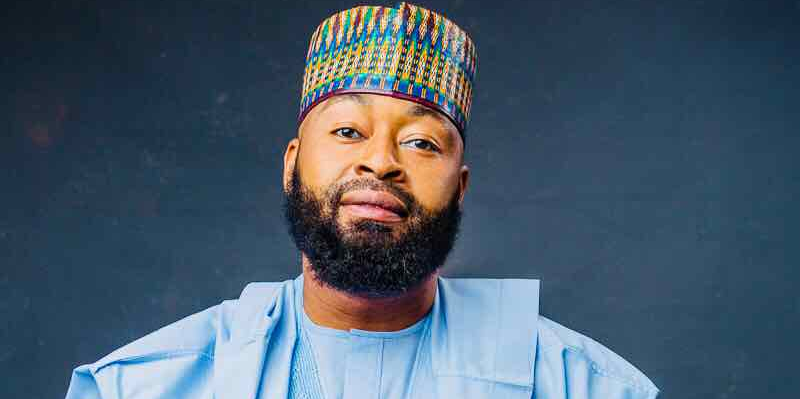The Governor of Niger State, Mohammed Bago, has proposed a significant educational reform for Northern Nigeria: adopting Hausa as the primary medium of instruction in primary and secondary schools. He argues that this shift would address the region’s persistently high rate of out-of-school children and boost enrollment in formal education. Governor Bago’s rationale centers on the idea that using a familiar language, Hausa, will make learning more accessible and engaging for children, particularly those from backgrounds where Hausa is the dominant language spoken at home. This, he believes, will remove a significant barrier to entry into the education system, encouraging more children to attend school and fostering a deeper understanding of the subject matter. He envisions English being taught as a subject, ensuring students still acquire proficiency in this globally important language.
Governor Bago’s proposal arises from a deep concern about the educational disparities plaguing Northern Nigeria. The region has consistently lagged behind other parts of the country in terms of school enrollment and educational attainment. This disparity contributes to a cycle of poverty and limited opportunities, hindering the region’s overall development. The governor believes that language plays a crucial role in this educational gap. Children whose first language is not English often struggle to grasp concepts taught in a language they don’t fully understand. This can lead to frustration, disengagement, and ultimately, dropping out of school. By using Hausa, a language understood by a vast majority in the region, Bago hopes to create a more inclusive and effective learning environment.
The governor presented this proposal at the National Literary Colloquium held in Minna, Niger State, to commemorate the 60th anniversary of literary icon BM Dzukogi, founder of the Hilltop Arts Foundation. The event provided a platform for Governor Bago to highlight the crucial link between language and education. He urged his fellow governors in the northern states to seriously consider this reform, emphasizing the potential for significant positive impact on the region’s educational landscape. He called for a review of the current education curriculum to facilitate the integration of Hausa as the language of instruction. This call for collaborative action underscores the urgency and importance Governor Bago places on addressing the educational challenges facing Northern Nigeria.
The proposal to switch to Hausa as the medium of instruction carries significant implications for the educational system in Northern Nigeria. It would necessitate retraining teachers to effectively deliver instruction in Hausa, developing new teaching materials and resources in the language, and adapting assessment methods to align with the change. Furthermore, it would require careful consideration of how to ensure students continue to develop strong English language skills, crucial for accessing higher education and broader opportunities. While acknowledging these logistical and pedagogical challenges, Governor Bago believes the potential benefits of increased enrollment and improved learning outcomes outweigh the difficulties.
Beyond the classroom, Governor Bago also stressed the importance of fostering a strong reading culture among children. He encouraged parents to provide their children with access to books and other reading materials, arguing that this is crucial for developing critical thinking skills and broadening their knowledge base. He linked a strong reading culture to societal progress, suggesting that it is a vital tool in combating social ills and fostering a more informed and engaged citizenry. He emphasized the role of literature and reading in shaping young minds and preparing them for the challenges and opportunities of the future.
Governor Bago’s commitment to improving education in Niger State extends beyond his call for language reform. He also announced plans to collaborate with the Hilltop Arts Foundation to promote reading culture within the state. Additionally, he revealed his administration’s intention to merge certain schools and incorporate vocational training into the curriculum. This initiative aims to equip students with practical skills and prepare them for diverse career paths, further enhancing their future prospects. These multifaceted approaches reflect the governor’s holistic view of education and his dedication to creating a more robust and effective educational system in Niger State and, potentially, across Northern Nigeria.














